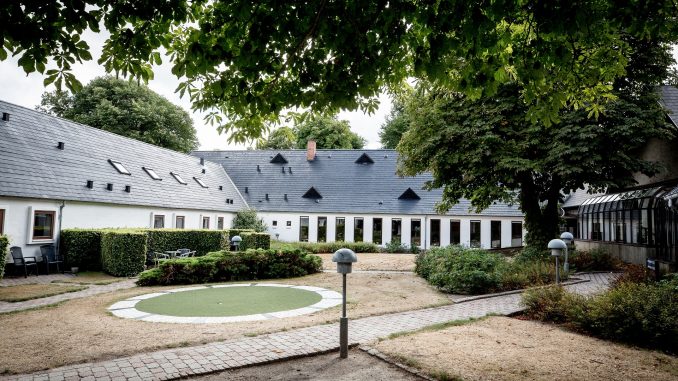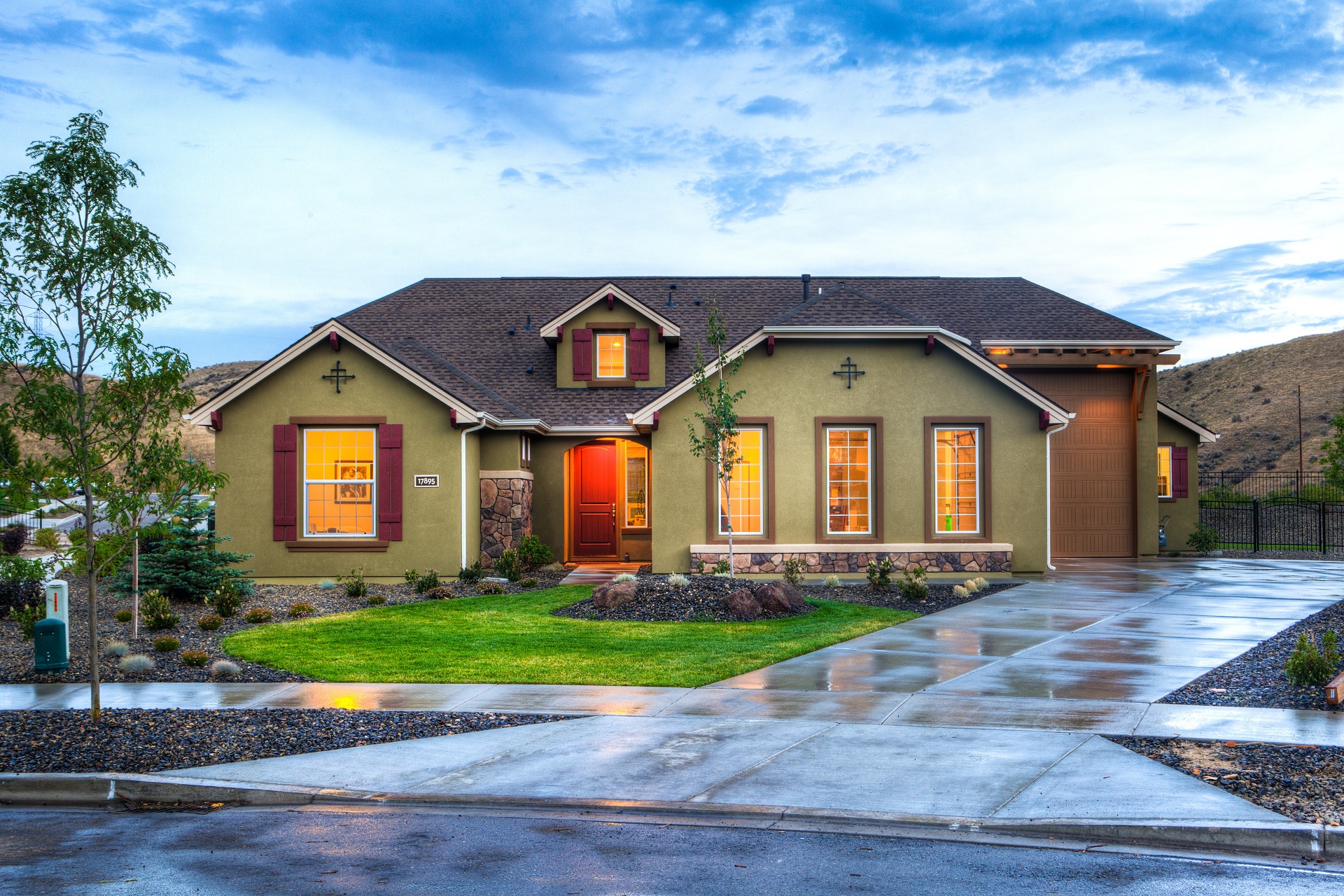
I am sure that purchasing your own property is definitely a huge deal. For a lot of people, it would be the first property purchase of their lives. As a lot of people would know, the purpose of the entire European Union is to actually facilitate the fully free movement of goods, services, people and capital. The citizens of the European Union have actually been increasing in numbers, and they have exercised all of these freedoms. They actually cross the borders to work, trade, study and more. They have also purchased real estate in a lot of other member states.

This is not at all surprising because Europe has become a huge continent of homeowners, and more than 70% of homes in the entire European Union are occupied by the owners. It is also estimated that at least 2.5% of the whole of the European Union is currently residing in another member state. This would equate to 12,800,000 people.
However, purchasing property in another country is definitely risky, because it is another country, and you probably did not grow up there. You probably do not have any idea as to how things work there. European land law has not exactly been harmonised, which means that a potential buyer is going to be stepping into an alien system when it comes to the legalities. There are a lot of risks that are well publicised, for example, the European property rights and wrongs. The British media regularly carries the stories, and these would be about the people being deprived of their holiday or retirement homes. Any failure to address the issues and also mitigate the risks will eventually act as a braking system for the development of the single market.
There are some issues that we have to look at. When it comes to gigantic diversity in the legal systems and also many traditions which we are finding across the European Union. Here are some of them.
- The systems which are all based on common law and systems which are based on civil law.
- The states that guarantee all of the titles which are granted by the registry and also the states where no such guarantee is given to anybody.
- The land registries which register the deeds and the land registries that would register the titles.
- The land registers that are actually open to the public and the land registers that are partly private or completely private.
- Any jurisdictions where the land registry and the cadastre or completely separate organisations. The jurisdiction where they are completely combined and the jurisdictions where they do not have a cadastre.
You should obviously inspect the property before you go ahead and make the purchase.
Be the first to comment